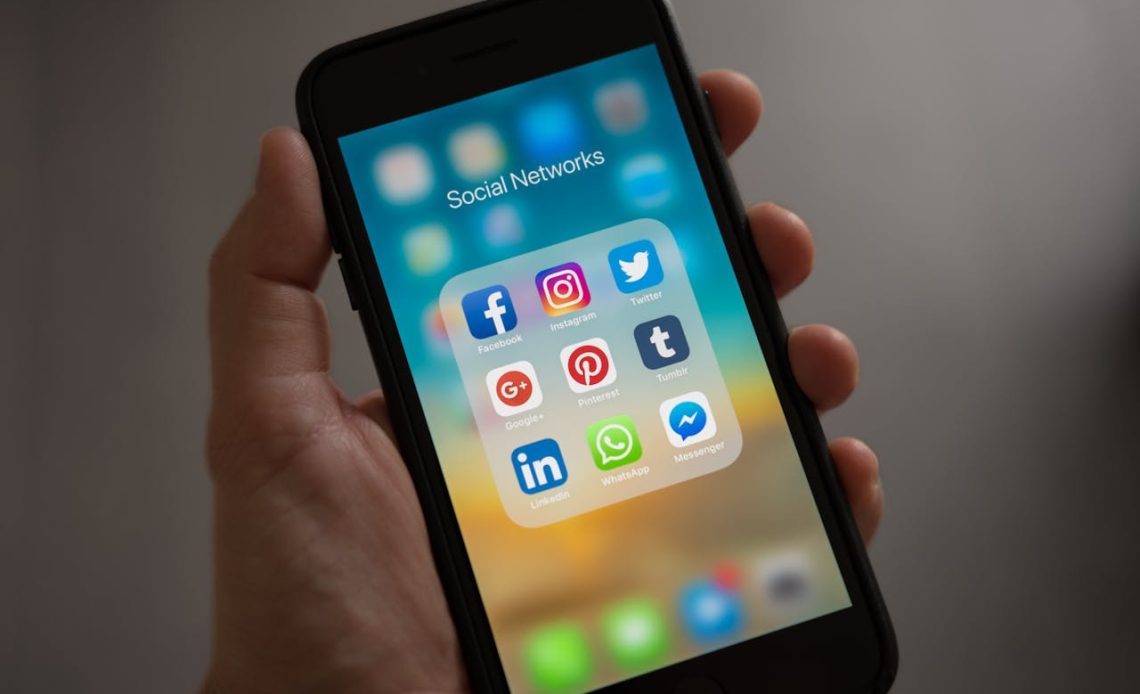Indonesia is on the verge of finalizing an agreement to lift a recent ban on the sale of Apple’s latest flagship smartphone, the iPhone 16. The development comes after weeks of negotiations between the Indonesian government and the tech giant over compliance with local regulations. The ban, which has drawn significant attention, has underscored the complexities of operating in one of Southeast Asia’s largest and most dynamic markets.
Jump Ahead To:
Regulatory Roadblocks
The Indonesian government’s decision to block the sale of the iPhone 16 initially stemmed from non-compliance with its stringent regulations on local content. Under Indonesia’s “P3DN” program (Increased Use of Domestic Products), imported electronic devices must meet a minimum threshold of locally sourced components or services to be eligible for sale in the country. This policy is part of Indonesia’s broader strategy to bolster its domestic manufacturing sector and reduce dependency on imports.
According to government officials, the iPhone 16 failed to meet the required 35% local content standard, leading to its exclusion from the Indonesian market. While Apple has previously complied with similar regulations for earlier iPhone models by partnering with local manufacturers and investing in Indonesian tech initiatives, the company reportedly struggled to meet the new requirements for its latest device.
Negotiations in Progress
In recent weeks, Apple executives and Indonesian officials have engaged in high-level discussions to resolve the impasse. Sources close to the matter suggest that Apple has proposed a combination of measures to address the local content mandate. These include increasing its partnerships with Indonesian suppliers, expanding its investment in local app development, and potentially establishing a small-scale assembly facility within the country.
“We are committed to working closely with the Indonesian government to find a mutually beneficial solution,” an Apple spokesperson said. “Indonesia is an important market for us, and we value our long-standing relationship with the country.”
Meanwhile, Agus Gumiwang Kartasasmita, Indonesia’s Minister of Industry, expressed optimism about reaching a resolution. “Apple has shown a willingness to cooperate and meet our regulatory requirements. We believe this agreement will strengthen our local tech ecosystem while ensuring consumers have access to the latest technology,” he said during a recent press briefing.
Economic and Market Implications
The ban on the iPhone 16 has had ripple effects across Indonesia’s tech and retail sectors. Retailers and consumers alike have voiced frustration over the unavailability of Apple’s latest model, which was launched globally in September 2024. Many Indonesians, known for their enthusiasm for cutting-edge gadgets, have resorted to purchasing the device through unofficial channels, often at a premium.
Industry analysts believe that lifting the ban will be a win-win for both parties. For Apple, Indonesia represents a significant growth market with a population of over 270 million and a rapidly expanding middle class. For Indonesia, a resolution would reinforce its reputation as an attractive destination for foreign investment while supporting its goal of becoming a regional tech hub.
Potential Deal Framework
While the details of the potential deal remain under wraps, experts suggest that it will likely involve a phased approach to compliance. Apple may initially focus on increasing the use of local software and services in its devices, followed by a gradual ramp-up of hardware-related contributions. Additionally, Apple’s increased investment in Indonesian startups and developer programs could play a crucial role in satisfying regulatory requirements.
There is also speculation that the Indonesian government may consider revising certain aspects of its local content rules to better accommodate high-tech industries while still achieving its economic objectives. Such adjustments could pave the way for smoother collaboration with other global tech giants in the future.
Looking Ahead
With negotiations nearing their conclusion, both Apple and the Indonesian government are eager to turn the page on this regulatory standoff. A resolution would not only allow the iPhone 16 to enter the Indonesian market but also set the stage for a deeper partnership between the two parties.
As the world watches, the outcome of this case could serve as a precedent for how governments and multinational corporations navigate the balance between regulatory compliance and business innovation in emerging markets. For now, Indonesian consumers are eagerly awaiting the day when they can officially get their hands on Apple’s latest technological marvel.

